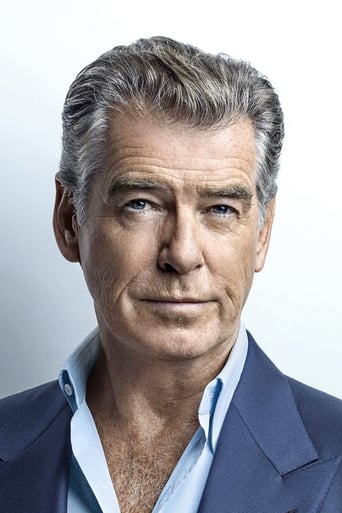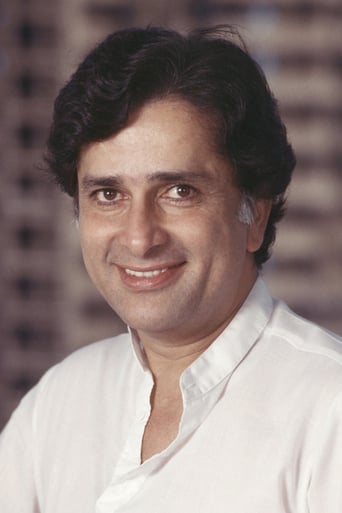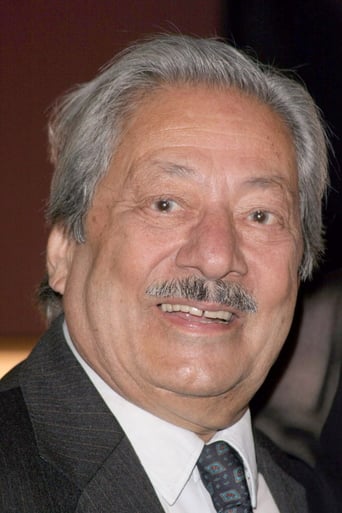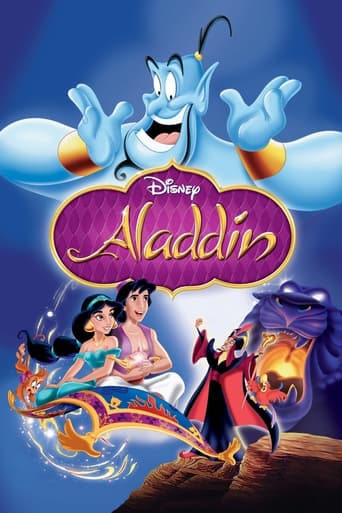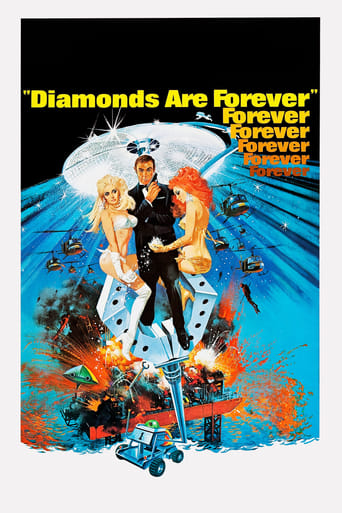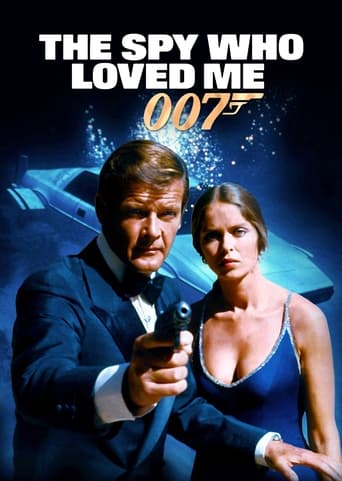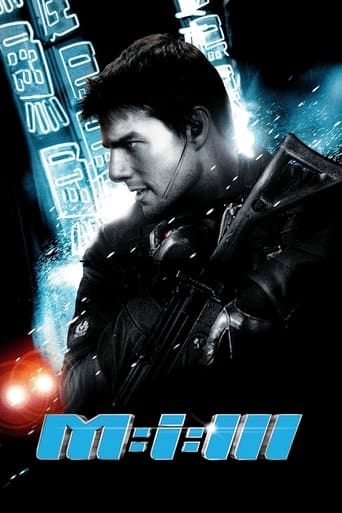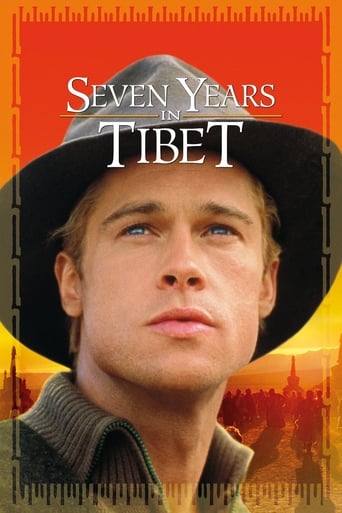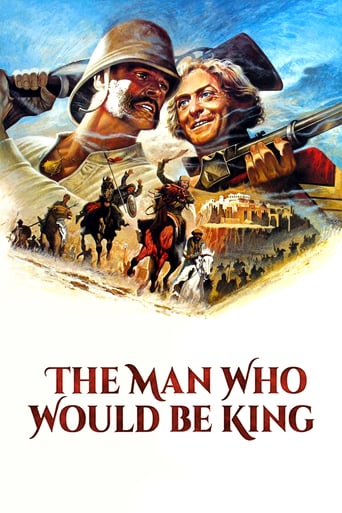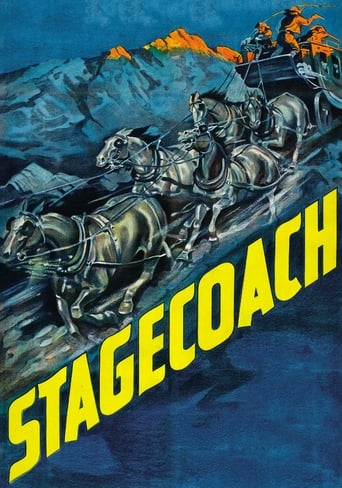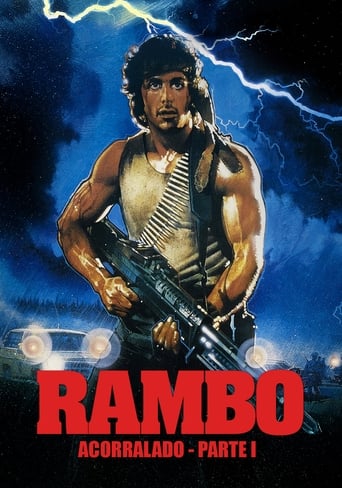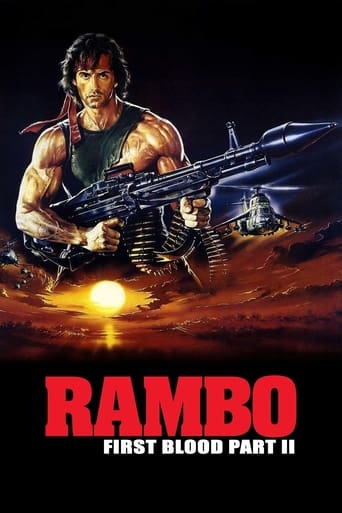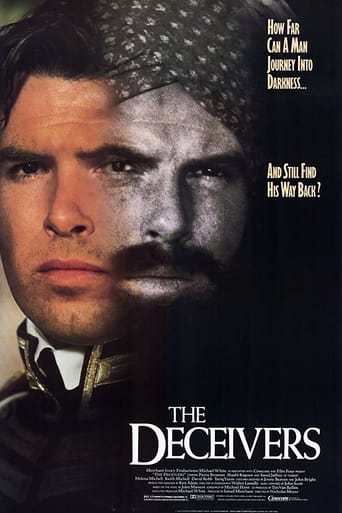
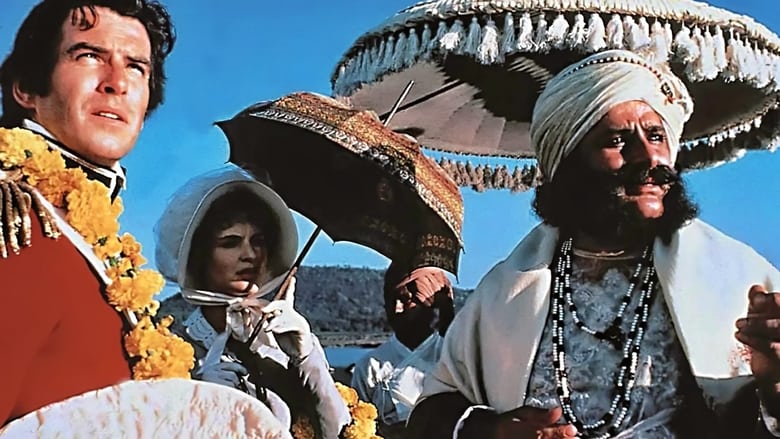
The Deceivers (1988)
India, 1825: the country lives in mortal fear of cult members known as the “Deceivers." They commit robbery and ritualistic murder. Appalled by their activities, an English military man, Captain William Savage, conceives a hazardous plot to stop them. In disguise, he plans to himself become a “Deceiver” and infiltrate their numbers. Ever present in Savage’s adventures is a sense of dread; he is in constant fear of betrayal and vengeance and also undergoes a disturbing psychological transformation as he experiences the cult’s blood lust firsthand.
Watch Trailer
Cast


Similar titles
Reviews
"Every empire tells itself and the world that it is unlike all other empires, that its mission is not to plunder and control but to educate and liberate." - Edward Said "The Deceivers" is a poor film by the usually reliable Nicholas Meyer. Whitewashing the actions of the British Empire within Asia, the film is set in 1820s India and stars Pierce Brosnan as Captain William Savage, a tax collector for the British East India Company. As the Thuggees, a Kali-worshipping cult, have been committing robberies and mass, ritualistic murders, Savage infiltrates the group and attempts to put an end to their crimes.Nicholas Meyer's not an idiot. His film clearly attempts to attack the paternalistic, condescending and bloody attitudes of the British Empire, which, largely in collusion with private mercantile corporations, would result in the indirect or direct deaths of over a billion Indians across a roughly 2 century period.And so "The Deceivers" initially portrays Savage as the poster-boy for "liberal enlightenment". He's a "good Imperialist", a "good tax collector", who has many Indian friends and speaks several local languages. Once he infiltrates the cult, however, Savage "becomes a savage". Savage not only puts on brown face-paint in an attempt to go undercover and so infiltrate the cult, but he "literally reveals himself to have always been a barbarian" who enjoys murder, death and sexual debauchery. Under the facade of the civilised white man, Meyer thus says, is third world primitivism. Is a monster adept at deceiving itself. These themes are made clearest during sequences in which Meyer cuts between Thuggee rituals and Savage's memories of Western church ceremonies, no less a form of primitive superstition.Whilst such themes may work in David Lean's "A Passage to India", they don't work at all in "The Deceivers". The film's stance – beneath "civilised" Europe lurks the barbarism of the "native" - is sophomoric, dilutes the larger aims and horrors of Imperialism, and has the unintentional effect of demonizing the Indians. The film also unintentionally validates an old Victorian trope: the idea that the Empire, for all its problems, was nevertheless necessary for taming the native, the frontier and conflicting groups. The Empire, then, brought order.Whilst it is true that the Empire did bring a type of order (it crushed many monarchs and gangs), it also practised divide and conquer, sowed disorder and fuelled rivalries. Similarly, the "peaceful order" it brought was pretty undesirable. Most of the regions ruled by the British at the time only got worse. West Bengal, Bihar, Assam, Uttar Pradesh, East Bengal etc were the poorest, most lawless states, ridden with ethnic conflicts and disease. Even today, these parts lag behind the rest of contemporary India. Those places once ruled by Indian monarchs during the 1700s and 1800s (Travancore-Cochin, Mysore, Hyderabad, Gujarat, Rajasthan, Punjab-Haryana etc), in contrast, now exhibit stronger economic and social progress. In short, European colonialists were much more adept at exploitation and extraction than local feudalists.The name Thuggee comes from the Sanskrit word for "deceiver". In the 1830s the group is said to have killed about 30,000 people. Historians like Martine van Woerkens ("Colonial Imaginings and the Thugs of India"), however, have contested much of the mythology ascribed to the Thuggees. Many see the group as being largely a product of "colonial imaginings": British fears of the little-known interior of India. Afterall, the British in India found themselves culturally isolated. Most had grown up in an England where public meetings were illegal and where the faintest hint of social gatherings or secret brotherhoods were sufficient to arouse draconian reactions. A combination of paranoia, authoritarian instincts and religious intolerance thus gave way to a kind of militant zeal for Thugg-bashing. Even historians who agree that the Thuggees were real and genuinely responsible for mass murders, like Mike Dash, reject the colonial emphasis on religiously motivated crimes, and instead asserts that monetary gain was the main motivation for Thuggee murders; the gangs were in extreme poverty, and were a natural result of British rule in India (and the economic realities generated by the Empire's opium trade)."The Deceivers" is poorly shot and never convincingly captures the tempo, look or feel of 19th century India. The attitudes, mannerisms and dialogue of virtually all of Meyer's cast also rings false. Elsewhere the film struggles to reconcile two goals: being a Victorian boy's adventure (which were typically racist and paternalistic), and being a politically correct condemnation of Empire. Meyer would attempt similar themes with "Star Trek 6: An Undiscovered Country".5/10 - See "A Passage to India", "North West Frontier" and Satyajit Ray's "The Chessplayer".
I'm sure every schoolboy knows where the word " Thug " originates from . If not I'll reeducate you by saying the word is derived from the word " thugee " which apart from being the Hindi word for " thief " is also the name of a notorious cult from India where a group of men would befriend travelers along the Indian sub-continent and then strangle them . THE DECIEVERS based upon the John Masters book tells of the story of a British army officer who infiltrated the group It doesn't seem to be able to tell the story well and one can't help thinking that being a Merchant Ivory production this might be to blame . It's rather stodgy and director Nicholas Meyer seems to be more interested in exotic beauty and cultural diversity of 1820s India than he is in telling a tension filled cinematic thriller . Ironically enough when it does try to mirror the classic era of Hollywood in the 1930s and 40s it comes across as being clichéd A great pity because there's so much potential here that the production gets right such as pointing out that in the 1820s it was the British East India company and not the British monarch or the British government who ruled India . If you're worried about corporate capitalism in the 21st Century I can guarantee you it was much worse two hundred years ago . As you'd expect with this production company the costume design is exemplary . It's also a film that makes good use of sound editing where when the Thugees commit their murders a spine chilling " SWISH " type sound blasts out from the screen and is so effective it left me truly puzzled why Meyer didn't more to make THE DECEIVERS a more enthralling film
Although it displays the usually reliable Merchant-Ivory production banner this tale of high adventure and skullduggery in British India is only a routine B movie with exotic pretensions. The background is historically factual, drawn around the ritual murders committed by a secret religious cult of so-called 'Thuggees' (from which the word 'thug' was later derived). But the far-fetched story of a British soldier infiltrating their ranks and losing himself in a netherworld of violence and vices is, at best, contrived, even by the lowest standards of romantic fiction. The idea might have looked better on paper, before its artistic and commercial potential was crippled by a lackluster, coincidence-filled script and a star performance that drains the hero of any charisma. Director Nicholas Meyer tries to convey the allure of an ancient culture, but the film doesn't have enough style to camouflage its slapdash lack of substance, and the token gestures to period flavor and atmosphere don't extend beyond the costume design and some cut-rate esoteric mysticism. When, for example, hero Pierce Brosnan is seduced by a mysterious native girl, their shadows on the wall show him embraced by the six-armed Thuggee goddess Kali (cue the ominous tabla music)
It may seem a trite point to many that this historical drama is surprisingly authentic, but I find it very refreshing after seeing so many films throw details to the wind. There are very few movies, if any dealing with Britian's famous "Honorable East India Company", but the costuming on this movie was researched very well indeed. I think this fact alone holds a lot of the appeal as a 'History' buff's movie. I couldn't imagine Pierce Brosnan's tiger hunting scene to be much more accurate, as every detail seems excellent to me, especially the uniforms of the HEIC. I think that the movie captures the mystic of India very well and is generally based on true historic events. Whatever people think of Pierce Brosnans' acting ability, this movie has very good entertainment value, apart from showing a unique side of the history of India. My close associate shot a documentary in very remote parts of India, and many of this movie's scenes look similar today, though I doubt he experienced anything quite like the 'death by elephant' scene in today's India !


